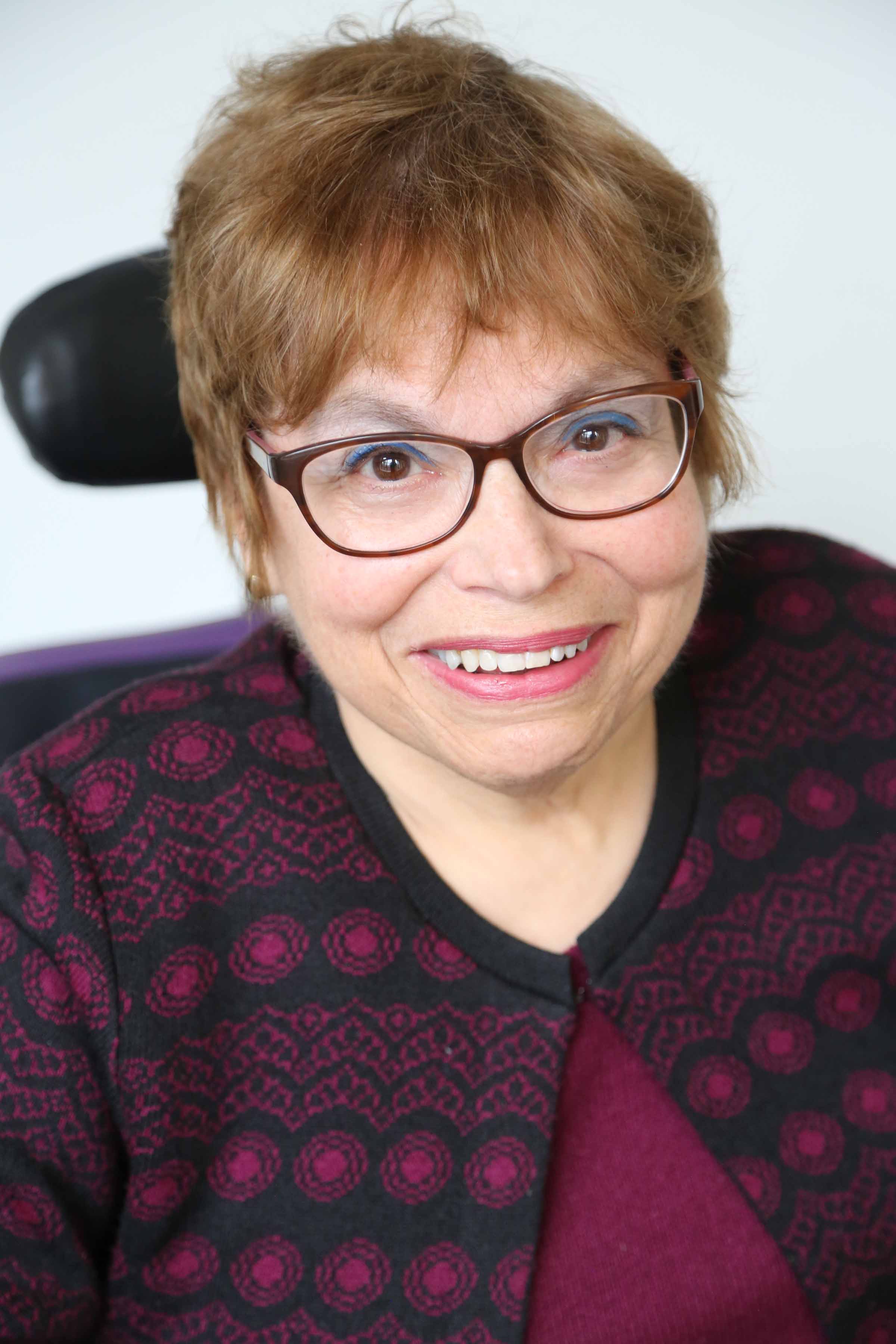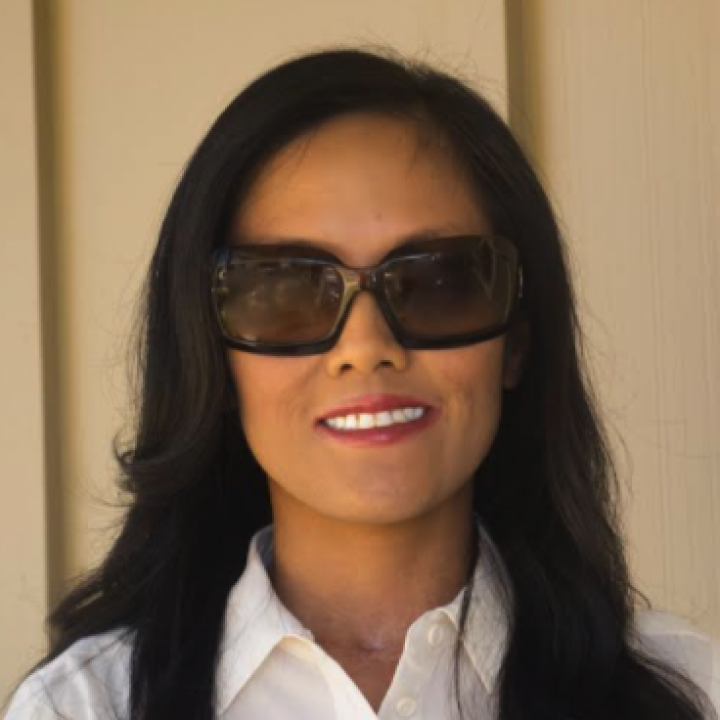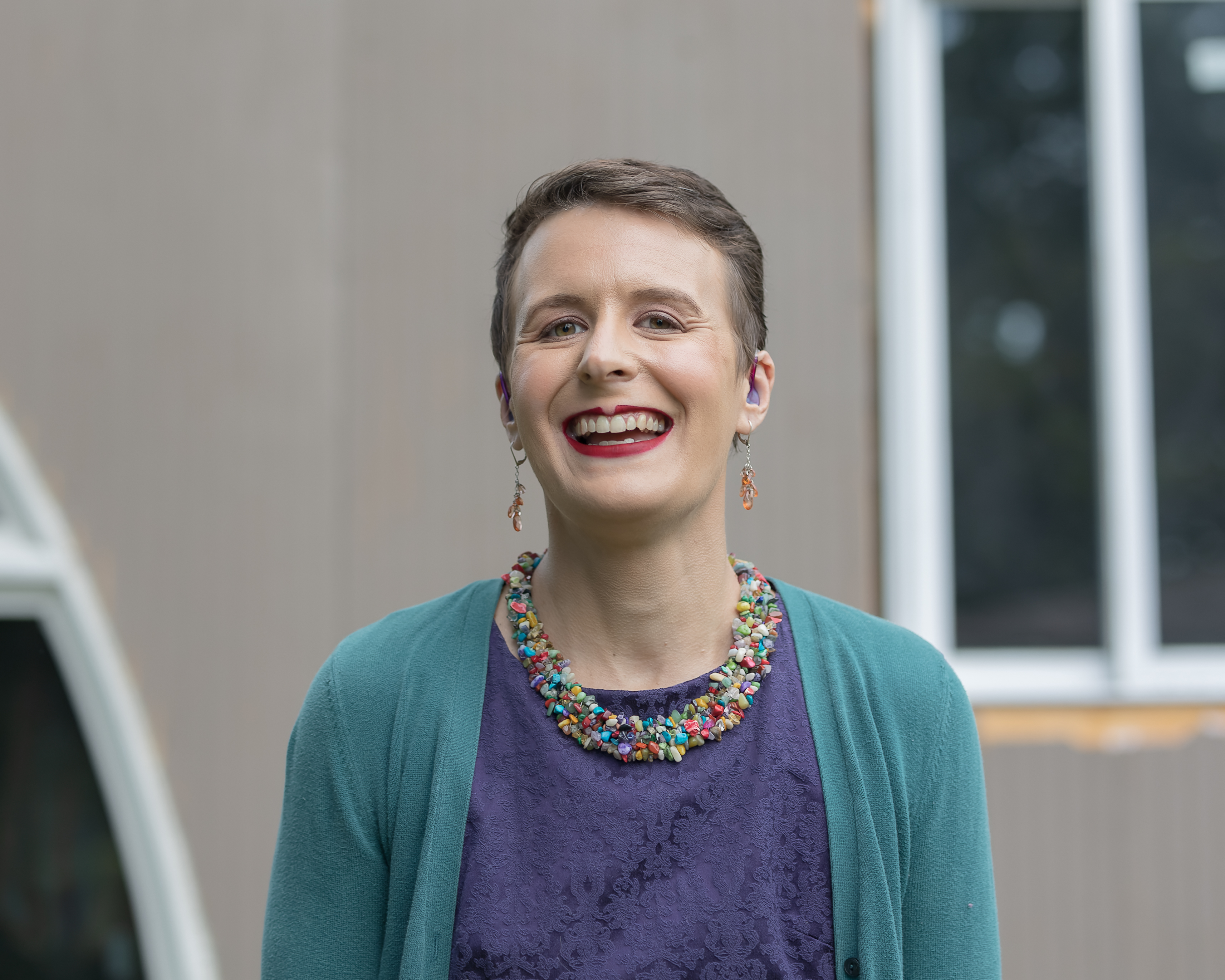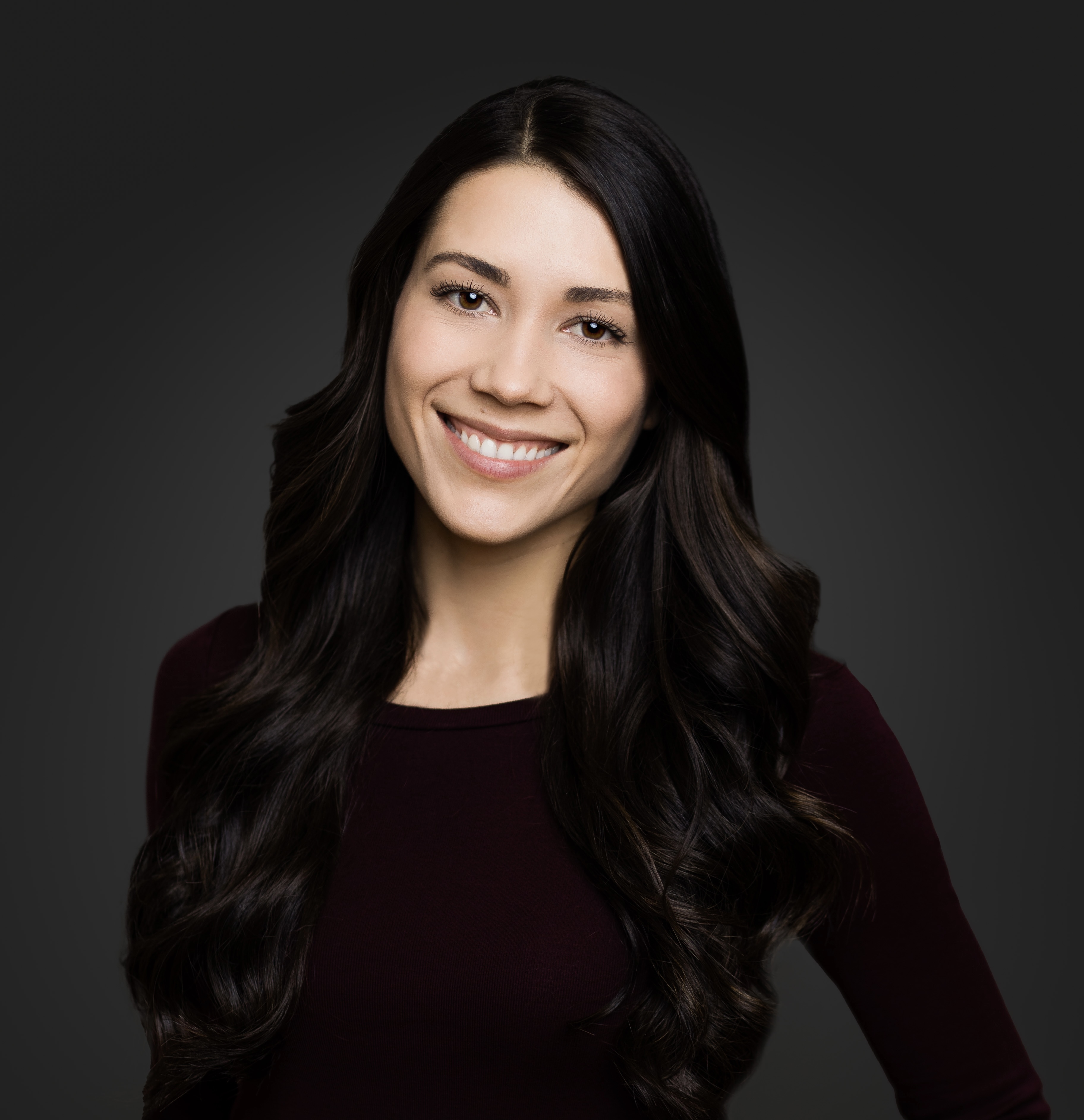Nothing about us without us: Community-building and bridging within and with the disabled community
The passage of the landmark Americans with Disabilities Act (ADA) in 1990 ensured disabled people equal opportunity under the law, but, as disability advocates Judith Heumann and John Wodatch have written, “[L]aws can only do so much.” Indeed, although disabled people make up 20 percent of the US population—constituting the largest minority group in the country—they remain severely underrepresented in spaces of power and influence. In spite of increasing public awareness around disability issues, disabled people continue to remain largely locked outside our halls of power, with real implications on a range of issues that affect them, the most recent example being a widespread lack of protection, support, and concern during the Covid-19 pandemic. As Heumann and Wodatch write: “We live in every state and in every community; we are members of all social and racial and ethnic classes...But we are still often subject to the same unthinking responses to emerging problems that ignore the needs, issues or concerns of disabled persons...That invisibility persists at least partly because so few disabled people are in leadership positions in government, business and education.”
In recent years, however, disability activists have sought to address this invisibility by harnessing the power of social media to build community and civic power around disability causes—as well as to develop and deepen a political identity rooted in disability. The #CripTheVote campaign, for example, sought to educate disabled voters on political activism and civic engagement, pressuring politicians to take public stances on disability issues, while last year’s #HighRiskCA campaign sparked dialogue around vaccines for people at higher risk of death from Covid. Such campaigns indicate how virtual community and online organizing are helping people with varied abilities bridge and engage with each other in ways that are promising for the possibility of a powerful political identity rooted in disability.
To address structural barriers, disabled people must not only be able to call for change, but also enjoy the agency to make that change happen. Indeed, true belonging requires that we are not only included in a group, organization, or container, but also that we have the capacity to make demands on that container—and ultimately to change it. This panel will feature disability justice advocates who are exploring new ways of bridging within and beyond the disability community to build political power and civic representation, and expand access and belonging for people of all abilities.





